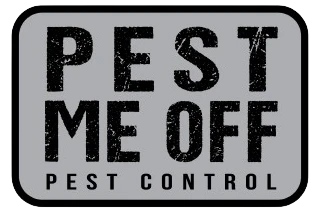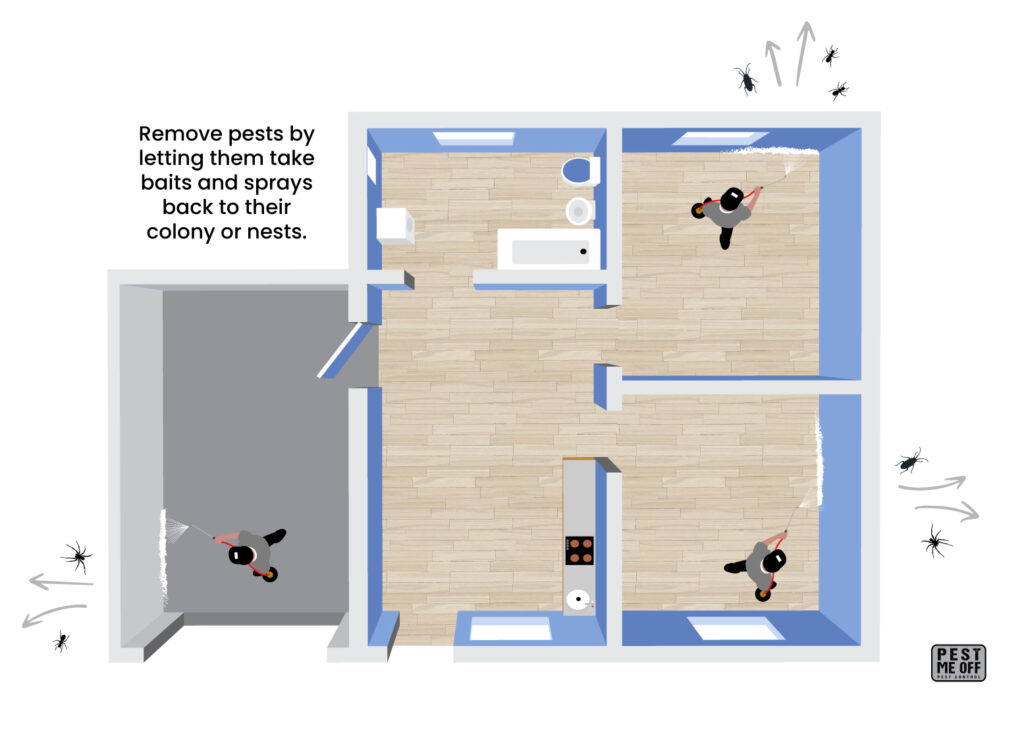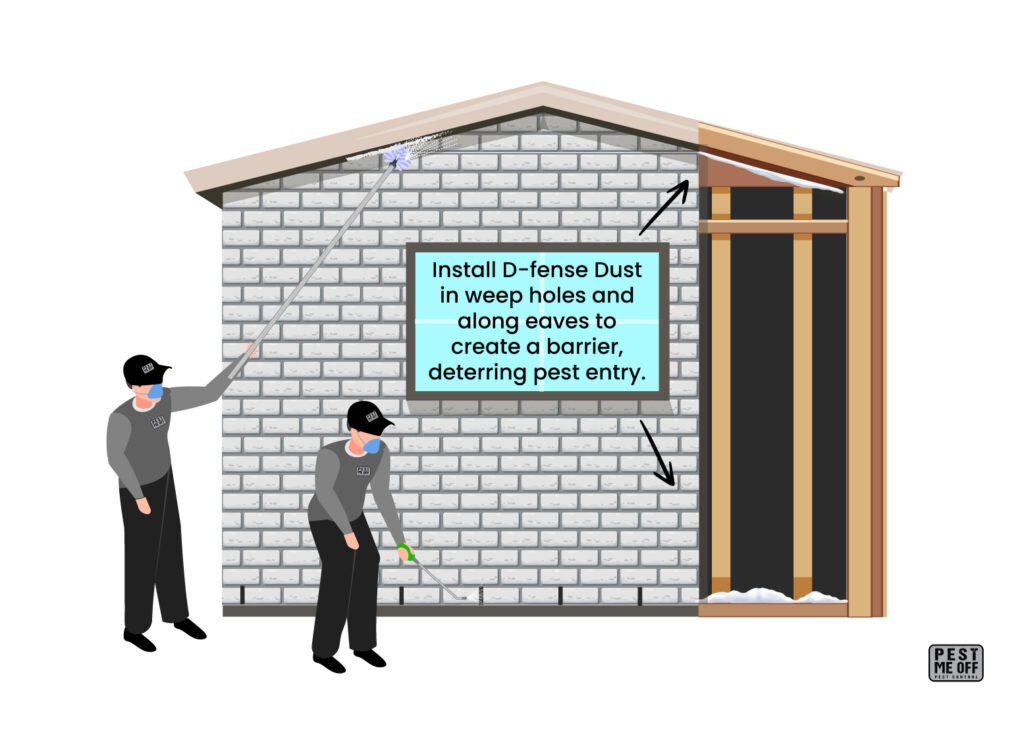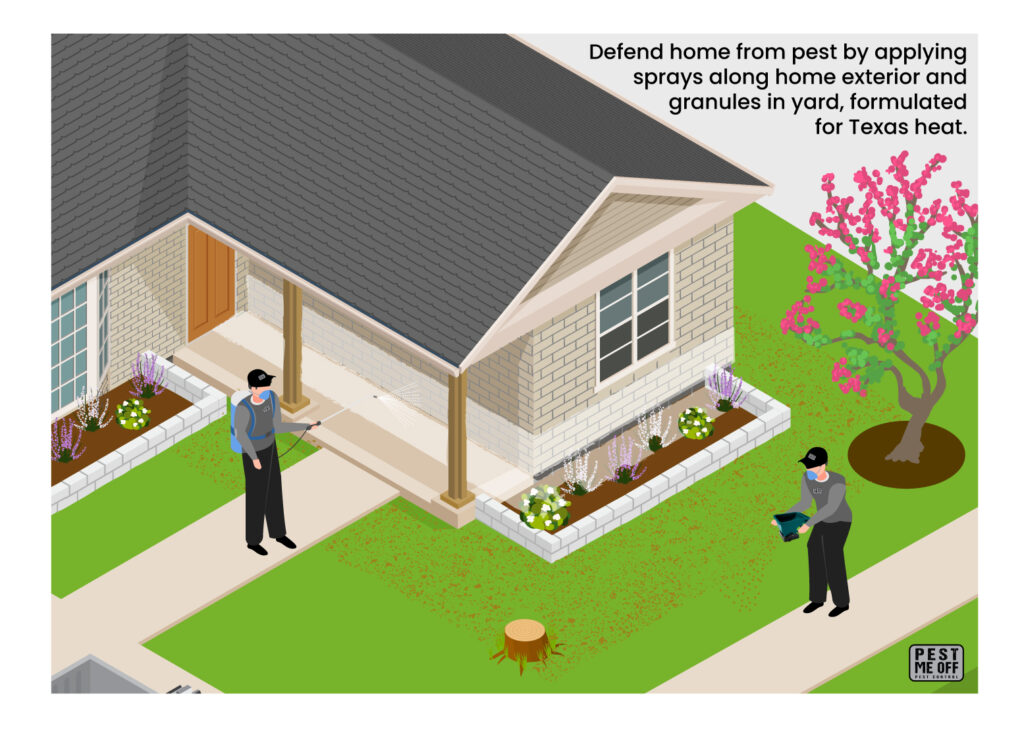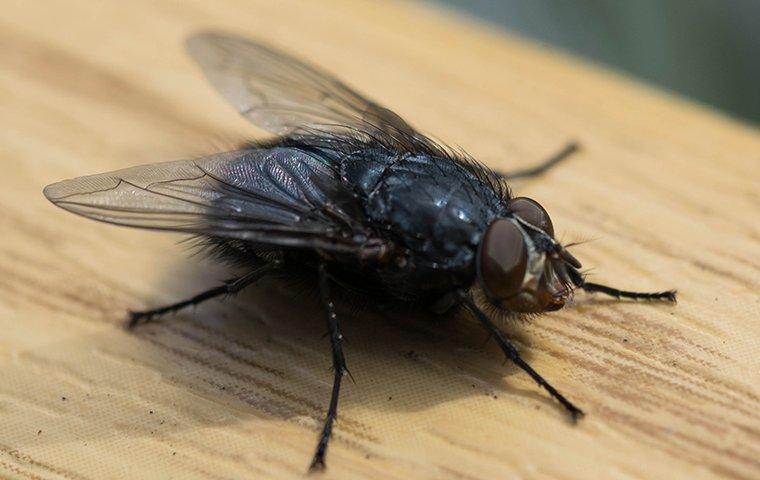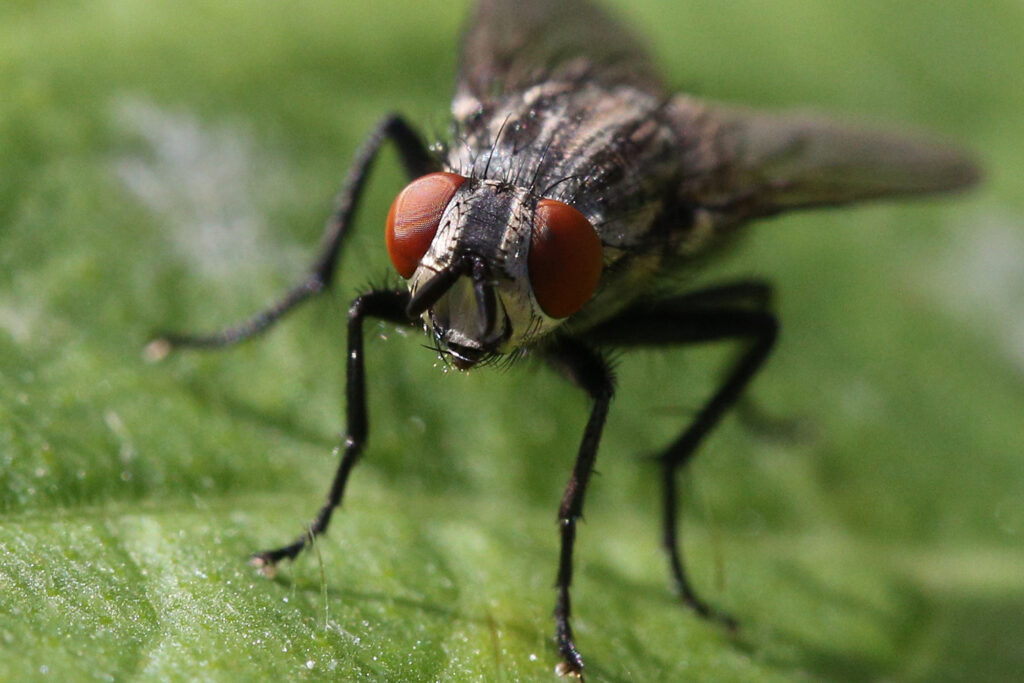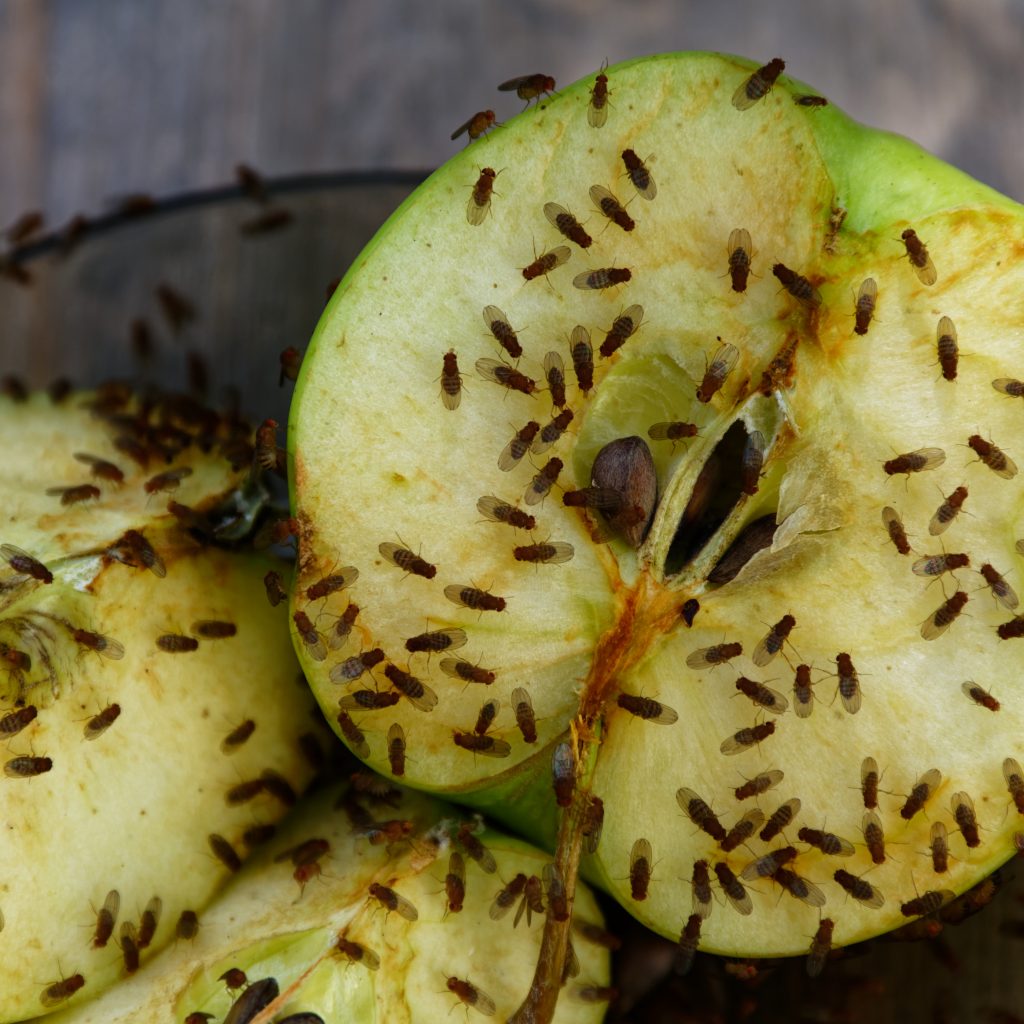'Pantry Pests' Pest Control in Mckinney, Tx
Serving McKinney and surrounding areas
Pantry Purge
Pantry bugs, the uninvited guests of the food storage world, have a knack for turning your cereal box into a surprise insect sanctuary, complete with a bonus protein punch. They scurry around like tiny culinary critics, sampling your snacks and leaving behind reviews in the form of chewed packaging. You try to negotiate a peace treaty by sealing your goods in airtight containers, but they just laugh in the face of your futile attempts, determined to turn your pantry into their own bug-themed buffet. Take a closer look at how our RID system handles these pesky intruders
Below are the specific types of ants you will find in McKinney, and the surrounding areas
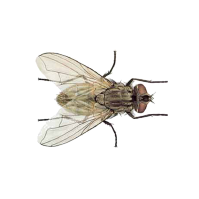
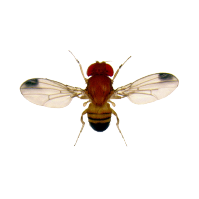

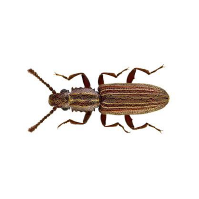
Pest Me Off process to RID your home of Pantry Pests
I
Install
- For the exterior of your home, we install our “Scorched Earth Barrier” comprised of environmentally friendly sprays, dust formulations, and granules in your yard designed to annihilate and keep pantry pests out.
- During the process, we prioritize your family’s safety and the well-being of your pets, ensuring that our treatments are both highly effective and minimally invasive.
D
Defend
- Following the initial treatment, we schedule regular follow-up visits to monitor any activity and keep the pantry pests at bay.
- With our proactive approach to pest management, we aim to not only eradicate your current pantry pest problem but also to defend your home against future invasions, providing you with peace of mind and a pest-free environment.
Why Choose Us for Pantry Pest Control

Pantry pests can cause your kitchen to become one of the most stressful places in a home. Tiny invaders like weevils, moths, and beetles, infest stored food—ruining flour, cereal, and even pet foods. These pests are inconvenient, but they can also cause massive food waste and possible contamination. If ignored, the problem can get worse, spreading the infestation across the house and making cleanliness even more difficult.
We, at Pest Me Off, know the inconvenience that can be brought by pest invaders in pantries. And we want you to forget this discomfort of having unwanted critters living amongst your supplies and belongings, thereby making their service to assist remove these unwanted visitors both harmless and efficient.
Our process is simple yet thorough. We check each corner of your pantry and determine what type of pest infestation is going on to then address the problem using solutions that work. Don’t be concerned with chemicals getting anywhere near your food; we will make sure the method we use is safe for you and your family. Years of experience combined with the passion for pest problem solutions ensures Pest Me Off makes your pantry pest-free and food safe.
Pantry Pest Control FAQs
What are pantry pests, and how do they get into my home?
Pantry pests are insects like moths, beetles, and weevils that invade stored food. They enter through infested packages or open windows. Eggs often hide in dry goods bought from stores, hatching later. Once inside, they multiply quickly and spread to nearby food, creating a frustrating and persistent problem.
How can I tell if I have pantry pests?
Look for bugs in flour, cereal, or dry foods. Other signs include webbing, damaged packaging, and small moths flying around. Check the corners of containers and pantry shelves. If you spot any of these clues, examine all your food to pinpoint the source and stop further contamination.
Are pantry pests dangerous to my health?
Pantry pests are not known to cause disease but can contaminate food with eggs, droppings, and webbing. While eating infested food isn’t particularly dangerous, it is unpleasant and unsanitary. Dispose of affected food and clean the area to prevent further contamination or the return of these unwanted visitors.
What types of foods do pantry pests infest?
They target dry goods like flour, grains, cereal, and rice. Baking mixes, nuts, spices, dried fruits, and pet food are also vulnerable. Pantry pests easily get into loosely sealed packages, so foods stored in thin cardboard or plastic bags are especially at risk of infestation.
How can I prevent pantry pests?
Use airtight containers for all dry goods. Clean shelves regularly, removing crumbs or spilled food. Check store-bought packages for damage before purchase. As an extra precaution, freeze dry goods for a few days to kill any hidden eggs before adding them to your pantry.
Do I need to throw out all my food if I have an infestation?
Only infested or opened food should be discarded. Canned or jarred items are generally safe but should be wiped clean to remove any pests. Inspect your entire pantry carefully, and if you’re unsure about an item, it’s better to toss it than risk keeping pests.
Can pests from my pantry travel to other areas of my house?
If there are other food sources accessible, like pet food or birdseed, they can indeed go beyond your pantry. They might even infest ornamental objects or dried flowers. Effective problem containment can be achieved by cleaning and sealing these objects and maintaining vigilance in all storage spaces.
How long does it take to get rid of pantry pests?
With proper cleaning and food disposal, results are often visible within days. For full eradication, consistent efforts like monitoring, sealing entry points, and ensuring airtight storage might take a couple of weeks. Diligence during this time prevents pests from re-establishing themselves in your pantry.
Are the methods used to control pantry pests safe for my family?
Yes, all methods focus on safety and are designed for use around food, children, and pets. Treatments specifically target pests without leaving harmful residues in your home. You can trust that the solutions used keep your household safe while addressing the problem effectively.
How do I know the infestation won’t come back?
Preventing a return requires ongoing care. Store food securely in airtight containers, clean regularly, and inspect for signs of pests. If necessary, block common entry points like cracks. These habits, combined with proper pest control treatments, create a strong defense against future infestations.
